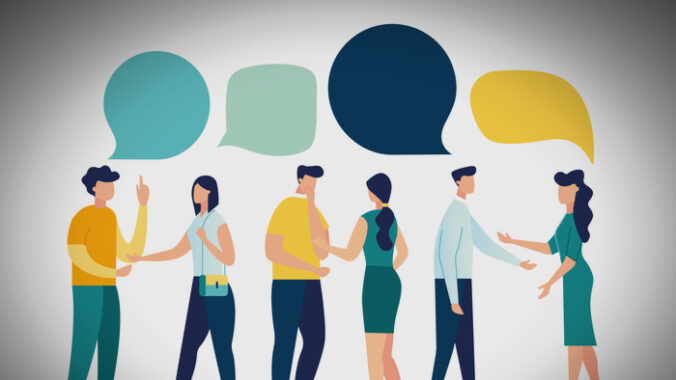This week in our class, students were assigned to watch an interview between our class instructor and a BC news anchor, Sophie Lui. In this interview, Lui discussed her previous jobs and touched on the difference between networking now and networking when she first began working; she discussed how she grew up without a cell phone and how the first newsroom she worked at shared a cell phone that was very heavy and bulky– different from today’s phones. Before social media, Lui would mostly get letters and phone calls, but today she can get very hurtful comments on her public platforms.
The way Lui deals with her public social media networks is by muting individuals that say hurtful things and only posting personal content on Instagram; Lui finds that Instagram is a different community than Twitter, as Twitter users can have stronger opinions. Although Lui finds that Twitter can have a toxic side, she also sees the advantages–finding people that are very interesting and keeping up-to-date on relevant information.
The major benefit Sophie Lui sees in using social media is continued learning.
Identify the risks and benefits of engaging with a public audience in a media space – what are the risks for a public figure or person in a position of trust (educator, lawyer, government official)?
Risks: Hurtful Communication, Private Information Becomes Public
Benefits: Sharing Information, Gaining New Knowledge
I think another interesting take is that if you are in a position of trust, people will typically believe whatever you say and not think twice. This is where rumors and fake news can spread.
A reading we were assigned this week discussed The Political Economy of Fake News and talked about how fake news can be created for a variety of reasons. It can be for “the profitable clicks, views, likes and shares it generates [or for] deliberate and systemic propaganda effect.” (Hirst, 2018).
How to best address negative replies and critiques reflective of your personal values and employer’s social media policy?
Sophie Lui deals with hurtful comments by muting an individual as she doesn’t want to give them the satisfaction of her blocking them. Personally, I would do the same.
Community Contribution
I like how you focused in on the question about risks/benefits when engaging with a public audience in the media space. The point that you brought up about feeling accomplishment when increasing your popularity is a great point. Awesome job!
References
Hirst, M. (2018). The Political Economy of Fake News. Navigating Social Journalism: A Handbook for Media Literacy and Citizen Journalism (pp. 78-101). Routledge. https://doi-org.ezproxy.library.uvic.ca/10.4324/9781315401263

Leave a Reply
You must be logged in to post a comment.